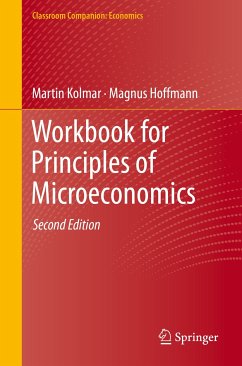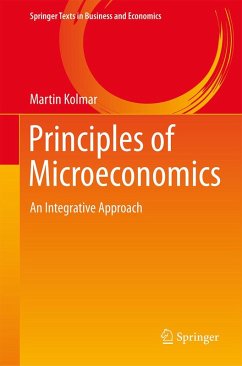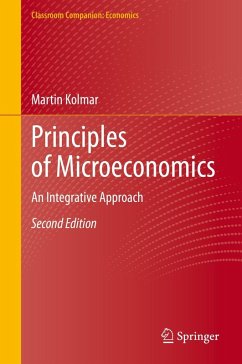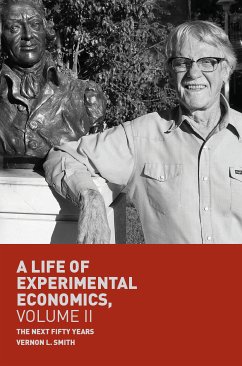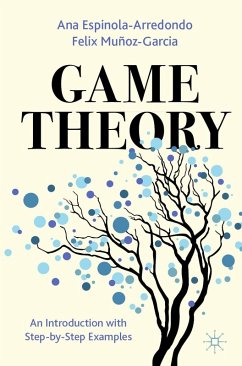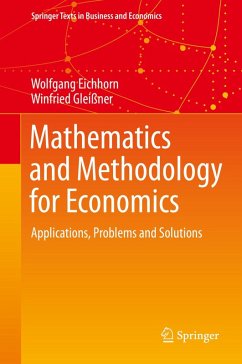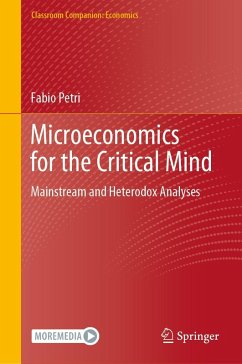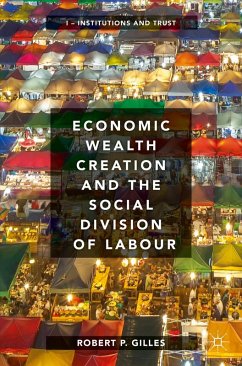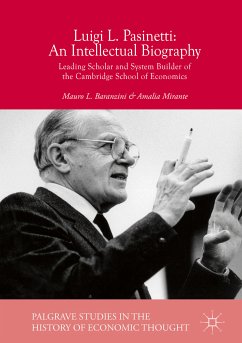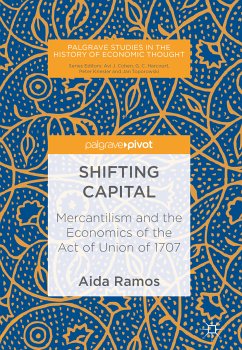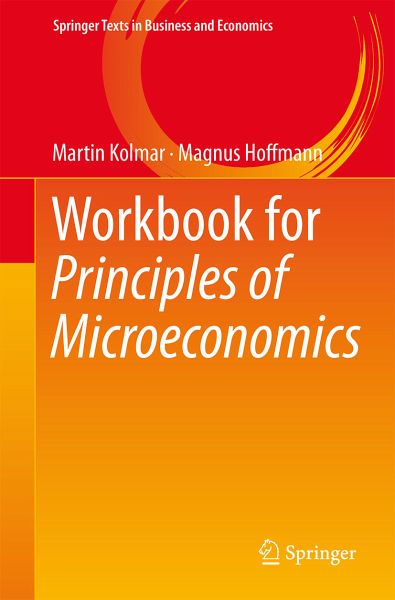
Workbook for Principles of Microeconomics (eBook, PDF)
Versandkostenfrei!
Sofort per Download lieferbar
32,95 €
inkl. MwSt.
Weitere Ausgaben:

PAYBACK Punkte
16 °P sammeln!
Includes an extensive and unique variety of questions and exercises for students of Principles of Microeconomics
Features multiple-choice questions, calculation exercises and open case studies
Open case studies will help readers apply the theories discussed in the textbook to real-world problems
Features multiple-choice questions, calculation exercises and open case studies
Open case studies will help readers apply the theories discussed in the textbook to real-world problems
Dieser Download kann aus rechtlichen Gründen nur mit Rechnungsadresse in A, B, BG, CY, CZ, D, DK, EW, E, FIN, F, GR, HR, H, IRL, I, LT, L, LR, M, NL, PL, P, R, S, SLO, SK ausgeliefert werden.



